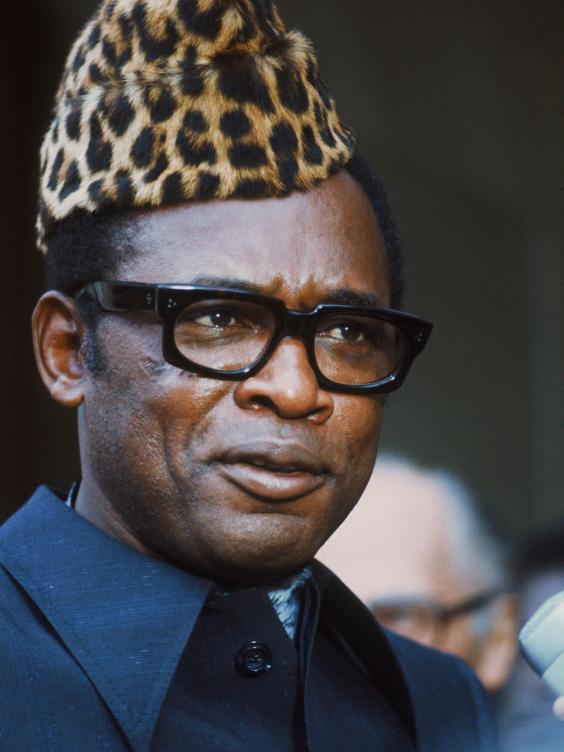
Images captured by Agence France-Presse (AFP) photographer John Wessel's show the ruins of one of Africa's most famous dictators – President Mobutu Sese Seko. Labelled "Versailles of the Jungle" by Western observers, the palace complex featured swimming pools, a night club, a four-star hotel and an international airport.
Mobutu, who ruled Zaire for 30 years, seized power during the 1960s, following a military coup and the assassination of democratically elected Patrice Lumumba, Mobutu changed the name of the country from Congo to "Zaire" in 1971.
His rule was plagued with claims of nepotism, embezzlement and widespread human rights violations, including public executions of his rivals. His actions caused massive economic inflation, plunging Zaire's citizens into poverty. His hold on the country ended in May 1997, when unpaid soldiers turned against him. He died in Morocco from prostate cancer three months later.
His palace, Gbadolite, located in the sleepy village of his birth, is perhaps the most notorious mark of his legacy. Robert Block recalled in The Independent that during a rebellion attempt "President Mobutu watched from his mansion, the marbled Versailles of the Jungle that he built in the sleepy village of his birth, eating lobster and sausages, washed back with a vintage wine."
The palace and its grounds are now home to soldiers and their families. The relics of his excess remain, however, and large murals featuring beautiful women cover the walls. The statue to his first wife – Marie Antoinette – still stands next to what's left of his runway, built especially to land a Concorde, which he would regularly charter from Air France for shopping trips to Paris.
The palace is an empty shell. Little remains of his wealth, and many of the structures no longer have a roof – his complex of Chinese pagodas have fallen into disrepair, and his swimming pool is empty. This year marks 20 years since the end of Mobutu's rule, which signalled just the beginning of the resource-wealthy Zaire's instability. The IRC reported that between 1998 and 2007 5.2 million people died in the overlapping conflicts, with WHO estimating a further 3.3 million deaths from preventable diseases in the past five years.








